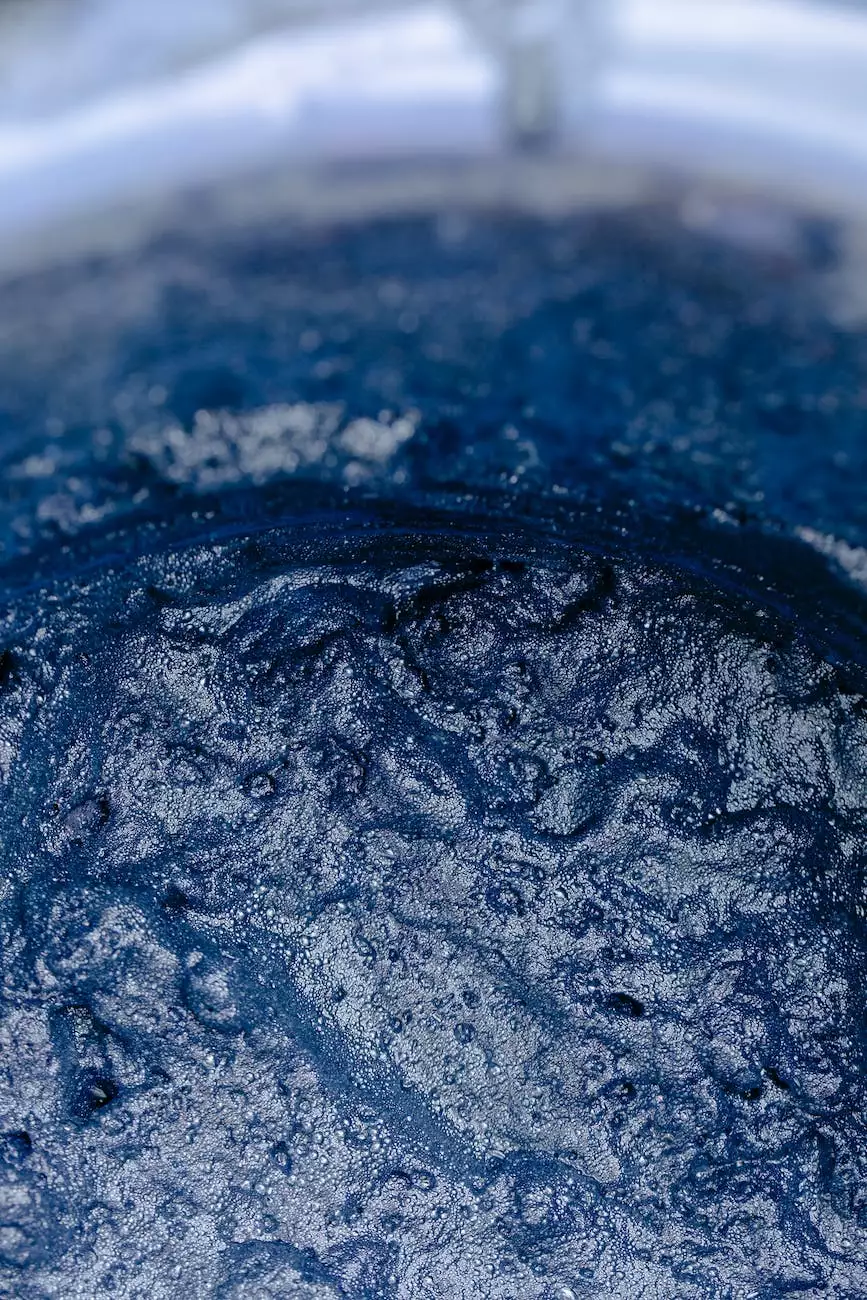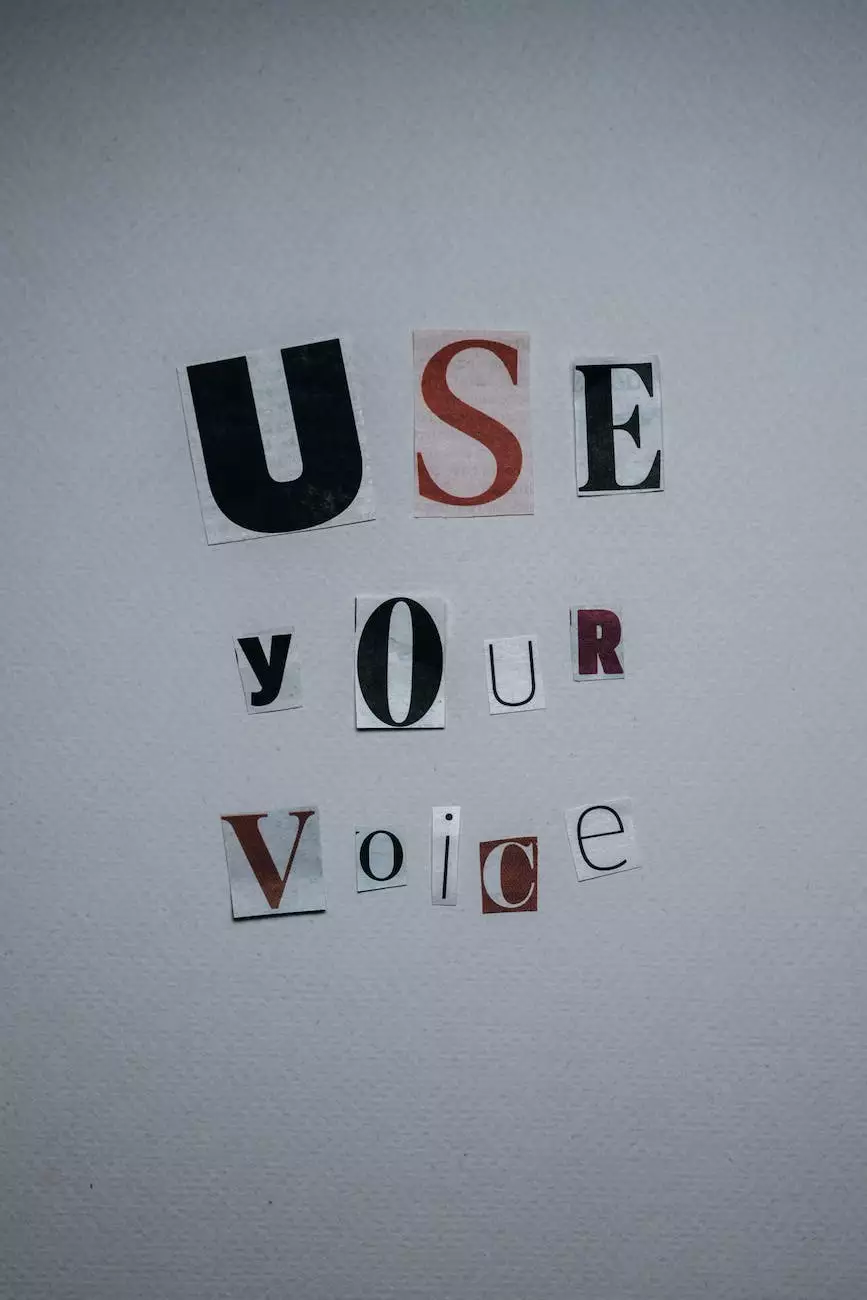449 – Using Make Part 3 – Phrasal Verbs & Idioms
English Grammar Lessons
Welcome to NJCLT's comprehensive guide on "Using Make Part 3 – Phrasal Verbs & Idioms!" In this detailed exploration, we will delve into the diverse range of phrases and idioms that involve the word 'make.' By understanding their meanings and usage, you will be able to enhance your English language skills and improve your communication abilities.
Understanding Phrasal Verbs and Idioms
Before we dive into the specific phrasal verbs and idioms involving 'make,' let's take a moment to understand what these terms mean. Phrasal verbs are essentially combinations of verbs and prepositions or adverbs that possess unique meanings not necessarily based on the individual words. On the other hand, idioms are fixed expressions whose meaning cannot be deduced from the literal interpretation of the words used.
Learning phrasal verbs and idioms is crucial for becoming fluent in English, as they are widely used in both casual and formal conversations. Now, let's explore some commonly used phrasal verbs and idioms with the word 'make'!
Phrasal Verbs with 'Make'
1. Make up: To invent or fabricate something, particularly a story or excuse.
Example: She made up an elaborate excuse for being late to work.
2. Make out: To comprehend or understand something, usually in a challenging or unclear context.
Example: Despite the complex instructions, she managed to make out the meaning.
3. Make do: To manage or cope with limited resources or circumstances.
Example: We didn't have all the necessary tools, but we made do with what we had.
Remember to practice using these phrasal verbs in various contexts to familiarize yourself with their correct usage. Now, let's move on to exploring idioms with the word 'make'!
Idioms with 'Make'
1. Make a difference: To have a positive impact or influence on something or someone.
Example: Your charitable donation can make a real difference in the lives of those in need.
2. Make a killing: To earn a significant amount of money or achieve great financial success.
Example: The entrepreneur's new business idea made a killing in the market.
3. Make waves: To cause a stir or generate significant attention or controversy.
Example: The politician's remarks made waves in the media and sparked debate.
Tips for Using Phrasal Verbs and Idioms Effectively
Now that we have explored a few phrasal verbs and idioms involving 'make,' let's discuss some helpful tips for using them effectively:
- Context is key: Pay attention to the context in which these expressions are used to understand their intended meanings accurately.
- Practice makes perfect: Regularly incorporate phrasal verbs and idioms into your conversations or writing to improve your fluency and natural usage.
- Expand your vocabulary: Alongside 'make'-related expressions, explore other phrasal verbs and idioms to broaden your English language skills.
- Read and listen: Exposure to English literature, articles, and conversations will familiarize you with different phrasal verbs and idioms in context.
- Seek feedback: Ask native English speakers or language instructors for feedback on your usage to refine your skills.
By incorporating these tips into your learning routine, you can confidently use phrasal verbs and idioms involving 'make' in various situations.
Conclusion
Congratulations on completing our comprehensive guide on "Using Make Part 3 – Phrasal Verbs & Idioms"! We hope this extensive exploration has equipped you with a clear understanding of the meanings and usages of various expressions involving the word 'make.' Remember, incorporating these phrasal verbs and idioms into your English language skills will elevate your fluency and improve your communication abilities.
For more language learning resources and helpful guides, visit NJCLT's website and check out our other informative articles. Stay tuned for future updates and embark on your journey of mastering English with us!










